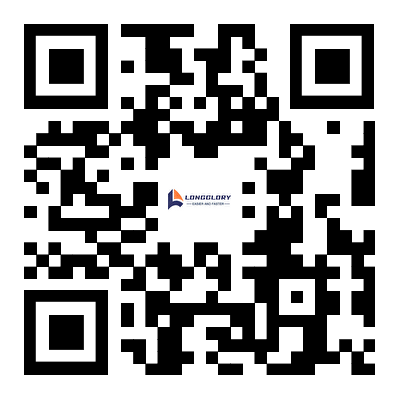- English
- Español
- Português
- русский
- Français
- 日本語
- Deutsch
- tiếng Việt
- Italiano
- Nederlands
- ภาษาไทย
- Polski
- 한국어
- Svenska
- magyar
- Malay
- বাংলা ভাষার
- Dansk
- Suomi
- हिन्दी
- Pilipino
- Türkçe
- Gaeilge
- العربية
- Indonesia
- Norsk
- تمل
- český
- ελληνικά
- український
- Javanese
- فارسی
- தமிழ்
- తెలుగు
- नेपाली
- Burmese
- български
- ລາວ
- Latine
- Қазақша
- Euskal
- Azərbaycan
- Slovenský jazyk
- Македонски
- Lietuvos
- Eesti Keel
- Română
- Slovenski
- मराठी
- Srpski језик
Korzyści z pilatesu dla dzieci
2024-06-21
Children of all ages can benefit from trying Pilates, regardless of their fitness level or previous sports experience.
Pilates can help them develop good lifestyle habits, from proper posture to healthy breathing, enhancing focus and body awareness.
Pilates is a popular exercise method that offers a wide range of benefits, especially for children. As more parents and educators recognize the value of Pilates for teens,
it is becoming a key component in many school and youth activity programs.
One of the main advantages of children practicing Pilates is the focus on core strength and stability.
Controlled movements and emphasis on proper alignment help strengthen muscles in the abdomen, back, and hips. This core strength is crucial for cultivating good posture, balance, and coordination,
all essential for children's growth and physical activities.
In addition to physical benefits, Pilates can also provide psychological and emotional advantages for children.
Pilates practice encourages mindfulness, concentration, and body awareness, positively impacting children's confidence and overall well-being.
The structured and non-competitive nature of Pilates classes can offer a refreshing alternative to traditional sports, attracting children who may feel intimidated by more competitive environments.
Furthermore, Pilates can be tailored to children of different ages and ability levels.
Instructors can adjust exercises and equipment to challenge older, more experienced students, while also providing accessible options for younger or less fit children.
This adaptability makes Pilates an inclusive and easily embraced exercise method suitable for teenagers from various backgrounds and with different needs.

In conclusion, children practicing Pilates can not only promote healthy physical growth but also bring positive impacts on their mental and social well-being, laying a solid foundation for their future development.




